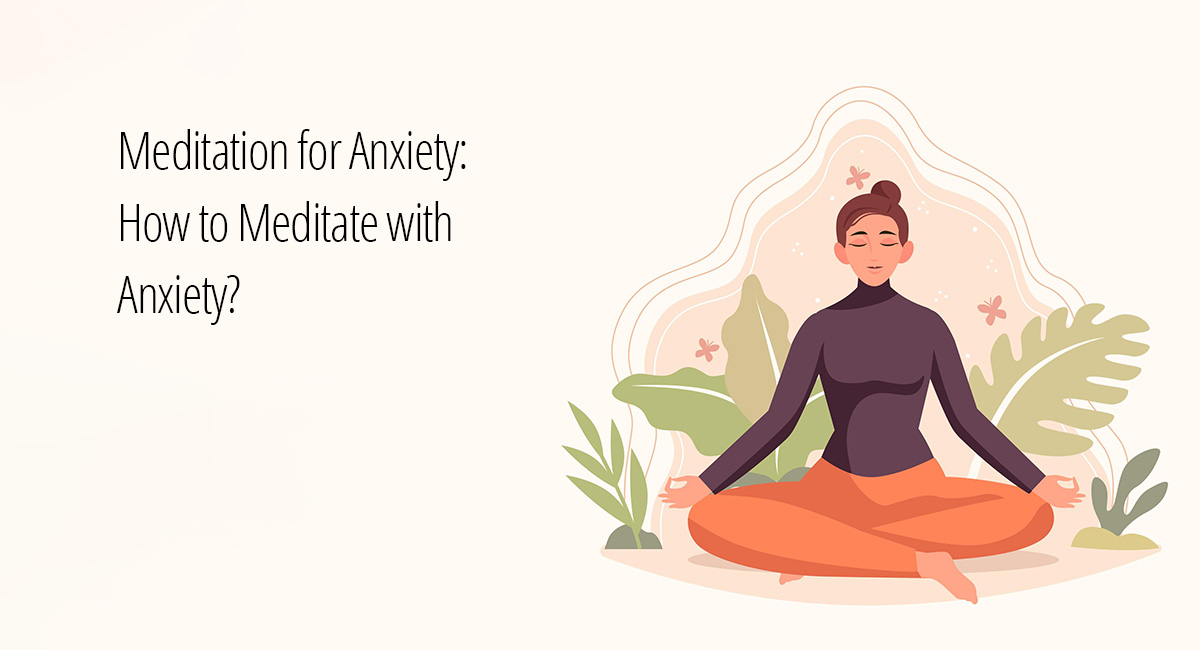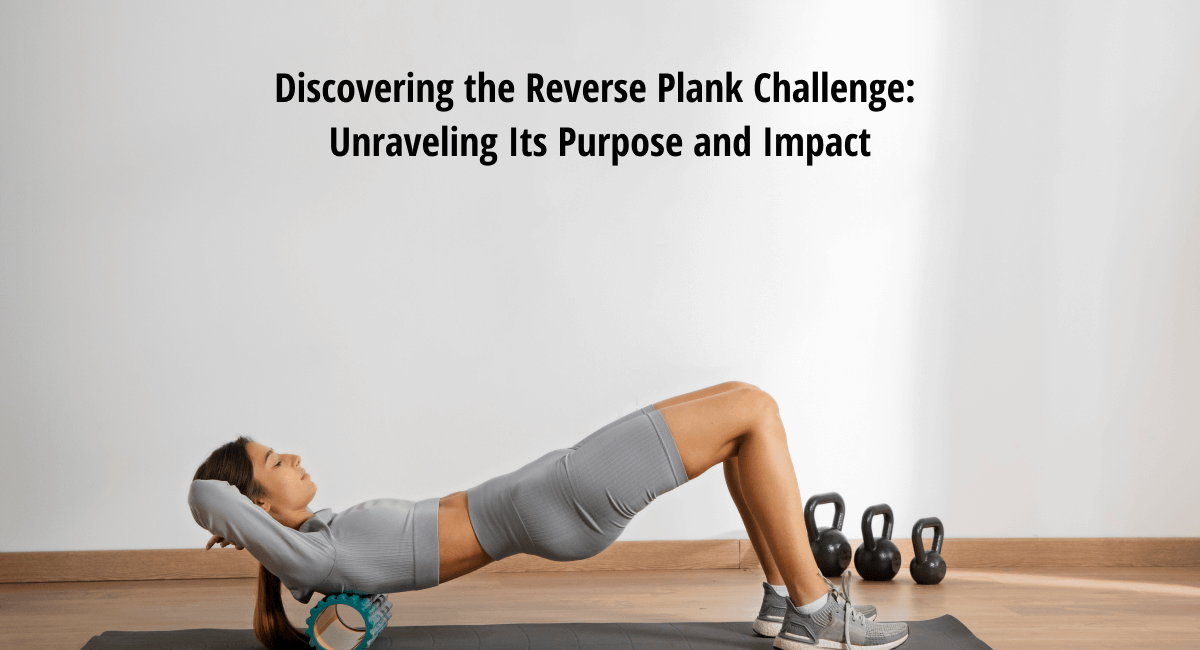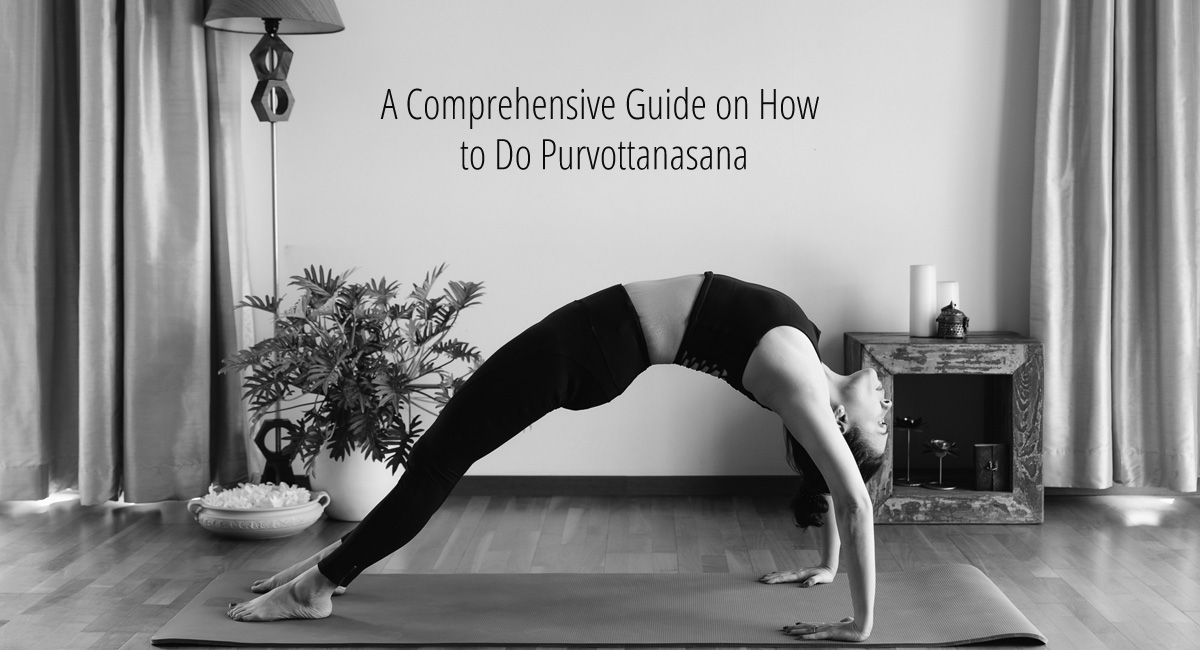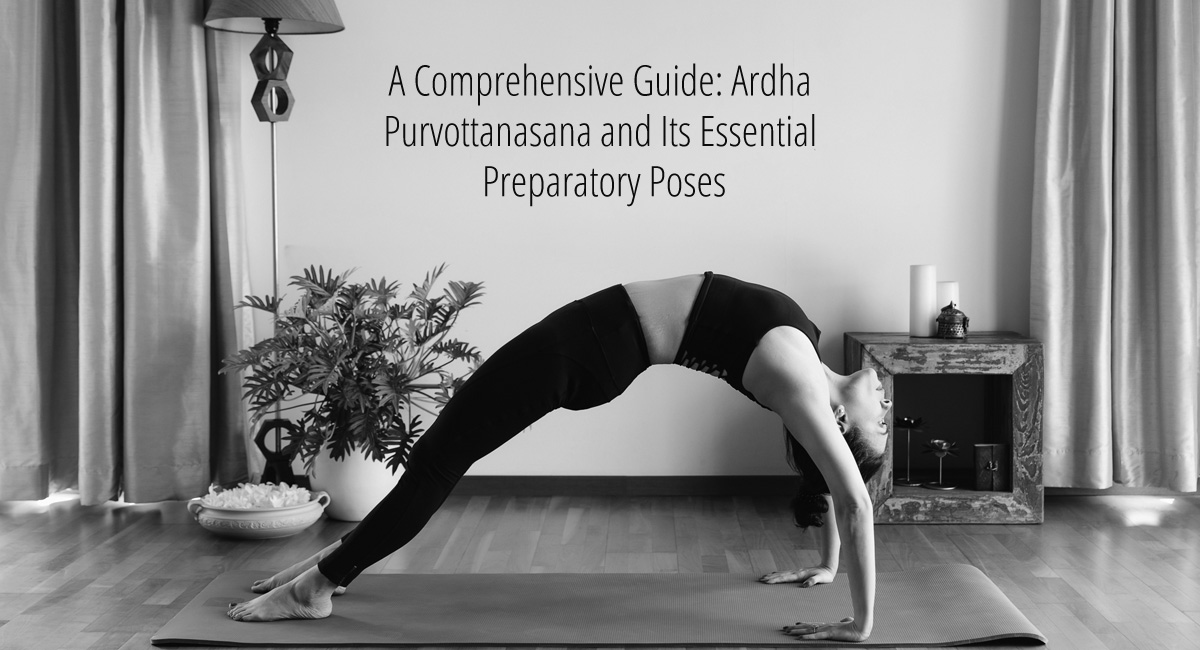
Meditation for Anxiety: How to Meditate with Anxiety?
Table of Contents
What Is Meditation?
According to Sri Ravi Shankar – “Meditation is the journey from sound to silence, from movement to stillness, from a limited identity to unlimited space.”
The more we practice letting the space between our thoughts grow, the more we come to appreciate the beauty and power of silence. Meditation helps us stay away from imbalance, fear, anger, self-doubt, stress, and any other physical or mental illness.
Spending even a few minutes in meditation every day can bring back your calm and inner peace.
What is Mindfulness-Based Meditation
Mindfulness = being fully present in our current state without being overwhelmed! Simple things like daily activities also require being mindful. For example, when we are having a meal we must be mindful about what we eat and how much we eat, similarly, with mindful-based meditation we tend to pay more attention and be alert, noticing our emotions, thoughts, and senses.
“Mindfulness is a way of befriending ourselves and our experience, being awake, knowing what you are doing and living the actual moment.”
Mindfulness Meditation to Ease Anxiety
The practice appears to have an amazing variety of neurological benefits. Anxiety is a common issue that every second person is facing today and can show in various forms. Feeling anxious keeps building over a period of time, and hence to erase that feeling or reduce that feeling, mindful-meditation can ease it.
Let us consider a situation here of what anxiety can feel like and how meditation can help you ease that feeling –
You just got a good job with a good salary, you are excited you are finally going to earn well, but suddenly you realize how will you survive in this competitive market and what if you end up quitting out of frustration?
Such negative thoughts lead to feeling anxious and keep building up! With the help of mindful-meditation you can let this thought cross your mind and keep doing great in your work life by giving your 100%.
17 Ways to Use Meditation for Anxiety
Want to master the art of meditation and keep anxiety and all sorts of negative thoughts at bay? Here are some ways how meditation can help you stay positive and be more present.
- Guided meditation – if you are willing to make changes in your life, you must start today! YouTube app is free of cost and there are plenty of videos that provide guided meditations. It can be a 10-minute session that you can try in your own confined space and make it a habit to do it every day.
- Mindful Meditation – broaden your consciousness and awareness through this meditation. For example, while meditating you choose to focus on your breathing pattern and then concentrate on that and nothing else. It increases your concentration even more and helps you stay focused. It will take you some time to be fully present as distractions will come your way, but what is important is that you get back to it that minute.
- Mantra Meditation – repeating certain words or chanting them is also a great way to meditate. You can choose to do it softly or loudly; however, you feel more relaxed.
- Focus on the breath – breathing mindfully is very very important for anyone who is meditating. Inhale and exhale mindfully, try to hear your breathing pattern, close your eyes in a comfortable seated position or lie down. Focusing on your breathing is also very relaxing, especially when we are anxious, our heart rate increases and we tend to feel choked, and hence breathing slowly and carefully is vital.
- Take a moment to watch your thoughts – the moment you are anxious, try and divert your thoughts. How will you do that? Let us explain. Imagine you are scared of flying in an aeroplane, you are already up in the sky but various scary thoughts start to run your mind, what do you do? Try to think of 5 things to divert your mind – what is that one sound can you hear in the plane? What is that particular scent/smell at that moment? What can you see around you that attracts you? What is it that you can touch at that moment that makes you feel relaxed? What can you taste? This is another technique to take you to a meditative state as you alert your sense to distract your anxiousness.
- Yoga – as you know how yoga involves movement, breathing and meditating at the same time, yoga asanas will help you focus, stay balanced, and release toxins from your body. Especially being in shavasana at the end will take your mind off everything and help you relax 100%.
- Transcendental Meditation – this form of meditation may allow your body to stay in a state of thoughtful rest and relaxation.Simply silently repeat a mantra, word, sound or phrase; in a specific way and watch your mind achieve a state of inner peace, without needing to use concentration or effort.
- Qi gong (CHEE-gung) – this practice generally combines meditation, relaxation, physical movement and breathing exercises to restore and maintain a sense of balance.
- Walking with meditation – combine walking and meditating whenever you get the time. Choose a place like your garden where you can connect with nature and simply focus on your movement. Don’t worry about the number of steps, or what others are doing around you. This is an efficient way to relax and meditate while you walk.
- Prayer meditation – one the most widely practised example of meditation! When you build faith into something, it gives you hope, positivity, and peace. Involve yourself in prayer mediation to reduce anxiety and improve your mental health.
- Music/sound mediation – therapeutic music, binary sounds or meditative sounds of the gong is proven to relax our mind and muscles. The sounds take you to a meditative state and help you stay focused, reduce anxiety and enhance mood. This can be done at home with no training.
- Art meditation – art therapy is known for reducing stress and anxiety and is practised all over the world. There are specialized art therapists that help you cope up with your anxieties and help people express their emotions through creative work than speech.
- Visual meditation – another guided meditation that involves visual imagery, imagining, visualization, symbolic rehearsal etc. our brain uses creative mechanics, but it instead focuses on an image that is invented as the object of focus. Ultimately, our body and mind are complete, and training our mind will have strong effects on what our body can achieve.
- Chakra meditation – Balancing out each chakra at once has its own set of benefits. Opening all your 7 chakras reduce anxiety, stress, depression, injury, trauma, and many other problems. This type of meditation should be done with a help of an experienced person who can guide you through the process.
- Zen meditation – a meditation that involves observing and letting go of the thoughts and feelings that arise in our mind and focuses on relaxation and relief from stress and anxiety. 3 ways to do it – focus on breathing in the lotus pose, quiet awareness, and group meditation.
- Insight meditation – also known as vipassana meditation that deeply focuses on your mind and focuses on your inner-self without any judgments. This helps us to stay focus to try to build greater awareness of our reality and takes us to a state of increased mindfulness and self-discovery.
- Metta meditation – a “loving-kindness” meditation that brings awareness to the people in your life and brings in positivity, compassion and understanding.
Summary
When you incorporate daily meditation in your routine, you will eventually see things differently and will help you cope up with your worries, stress and anxieties. These issues don’t just end overnight; you have to constantly nurture your mind and body. Practice any meditation that suits you best and let us know which one worked out for you.

I am a Pune based artist, Kathak dancer, Dance Movement Therapist, and an avid Yoga practitioner/ teacher. I am also the Director at the Sakal Media Group, a Trustee of Pune Blind School and Nirdhar Trust.
Being a part of Sakal Media Group, with its strong foundation of service and ethical journalism, I am deeply committed in making this world a better place by pushing boundaries, giving opportunities to others, following my convictions, helping others make better choices and to tell powerful stories that will help reshape the world we live in.





